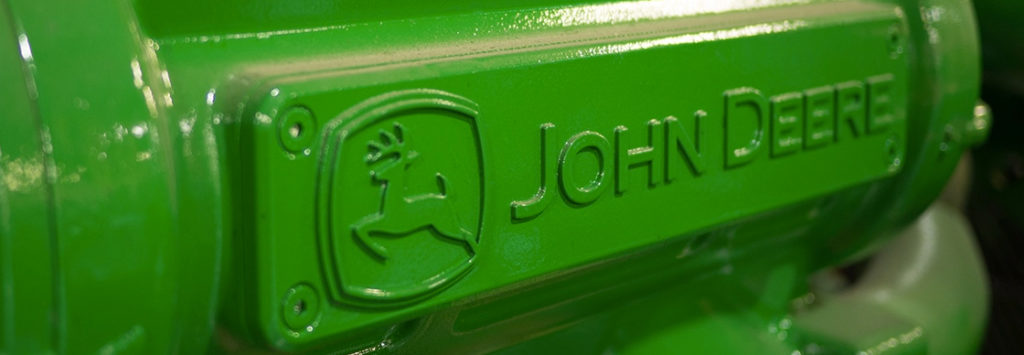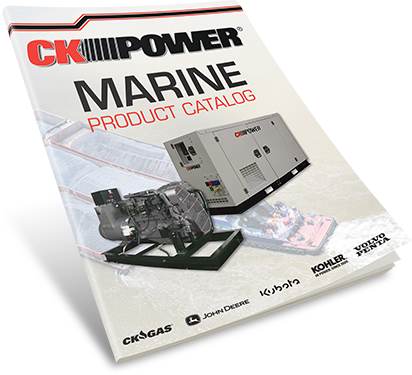Often, diesel engines can last for years with proper maintenance and care. Eventually, after many hours of use, servicing and maintenance, any engine will wear out and need replacement. Since the average diesel engine is capable of lasting for such a long time, specifications and attributes often change and advance due to technology and regulations. Stay current on marine power generation solutions. Analyzing cost, equipment and Tier 3 regulations will lead to a best-value marine engine replacement.

Equipment options to consider
This should be the first thing any engine purchaser should consider. Are you looking to replace merely the engine or the whole generator set? If the engine is worn out and needs replacement, what other worn out components of the entire package need replacement?
Many times, the ancillary components of the generator set will be dated when it comes time for a marine engine replacement and could use replacement as well. While they may currently still work, a failure of the dated equipment could cause increased downtime for the boat should an operator decide to only replace the engine and still use the older generator components. Another common scenario is when the generator components are not compatible with the new engines; such is the case when upgrading from a Tier 2 to a Tier 3 engine. The generator components may need modification or replacement to operate optimally.
Deciding on a replacement engine is the perfect time to examine your watercraft’s needs moving forward. Was your existing engine light in performance, did it struggle at all? Will there be more equipment added to the boat that will put more strain on the generator? Maybe a larger size engine would be ideal for any future scalability. Increasing the engine size will require the replacement of the generator set and not just an engine swap.
Cost variables to consider
There are a few different factors that can play into the cost of marine engine replacement. As previously discussed, many times replacing solely the engine isn’t feasible and often additional components are needed. While the engine is 75 percent of the cost for an entire generator set, the other components do still cost money and increase the total purchase price.
Additional costs can also lead to long-term savings. Instead of waiting for an emergency and potential unplanned downtime, marine engine replacement is best suited during schedule maintenance. CK Power has the resources to handle large orders and the storage space to keep orders on hand until shipping to the maintenance facility for your fleet of boats. This reduces waiting periods for new equipment and streamlines the engine purchasing process.
Regulations to consider
The good news for operators looking to replace their marine engine is that they don’t follow the same strict regulations that apply to other diesel engines. Marine engines don’t follow final Tier 4 regulations. The current tier for marine engines is Tier 3 which was phased in between 2009-2014.
While less restrictive and easier to comply with than Tier 4, Tier 3 engines still require adaptation. When replacing your current engine with a new tier, the newer engine often has additional components attributing to the better emissions standards. This could change the shape and size of the newer engine. Most watercraft have engine rooms big enough so that the additional components are irrelevant, but the change in size and shape can cause potential size constraint issues for the mounting skid.
By examining these key considerations, an operator or purchaser can determine the needs of their watercraft, the requirements to be compliant and how the cost variables fit into their budget. Replacing your marine engine is a substantial investment. Ensure you purchase what is best suited for your operation.
Our marine diesel generators and engine systems are among the most dependable on the water. Download our catalog to view our full line of marine products including offerings from Kubota and John Deere.
